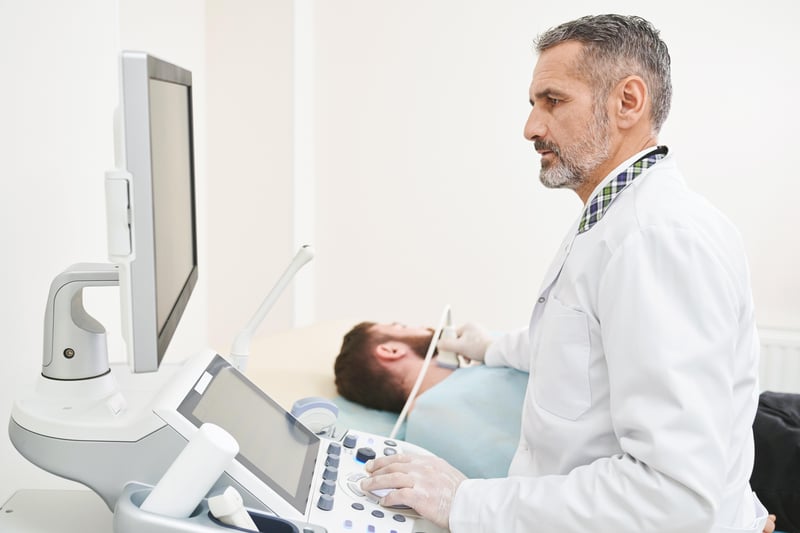Manténgase sano!

- Sydney Murphy
- Posted August 2, 2022
9 in 10 Americans Want Their Health Info Kept Private
More than 9 in 10 Americans believe that medical privacy is a right and their health data shouldn't be for sale, a new survey from the American Medical Association shows.
The survey unearthed concerns about data privacy protections and confusion about who can access personal health information.
Nearly 75% of patients were concerned about protecting the privacy of personal health data, but only 20% were aware of the companies and individuals who had access to their data.
That concern has only been heightened by the recent Supreme Court decision overturning Roe v Wade, as a lack of data privacy may put patients and physicians in legal jeopardy in states that criminalize abortion.
According to the survey, patients are most comfortable with their doctors and hospitals having access to their personal health information, while they are least comfortable with social media sites, employers and technology companies.
"Patients trust that physicians are committed to protecting patient privacy -- a crucial element for honest health discussions," said Dr. Jack Resneck Jr., president of the American Medical Association (AMA). "Many digital health technologies, however, lack even basic privacy safeguards. More must be done by policymakers and developers to protect patients' health information.
"Most health apps are either unregulated or under-regulated, requiring near and long-term policy initiatives and robust enforcement by federal and state regulators," Resneck added in an AMA news release. "Patient confidence in data privacy is undermined as technology companies and data brokers gain access to indelible health data without patient knowledge or consent and share this information with third parties, including law enforcement."
According to the survey, a resounding majority of patients demand accountability, transparency and control in relation to the privacy of their medical records. A full 94% of patients want companies to be held legally liable for how their health data is used.
Patients share the same sentiment (93%) regarding the need for developers of health apps to be open about how their services use and distribute individual patient data. Patients want control over the information that companies collect about them and how it is used, to prevent unauthorized access to and use of personal health data.
Here are other specific takeaways from the survey:
- Nearly 80% of patients want the option to choose not to share any, some, or all of their health information with businesses.
- More than 75% of patients prefer to give their consent before a company uses any of their health data.
- More than 75% of patients want to receive notifications before a company uses their health data for a new purpose.
Patients also want doctors and hospitals to be equipped with the technology to examine apps for security and privacy features.
More information
Visit the ACLU for more on medical privacy.
SOURCE: American Medical Association, news release, July 25, 2022







